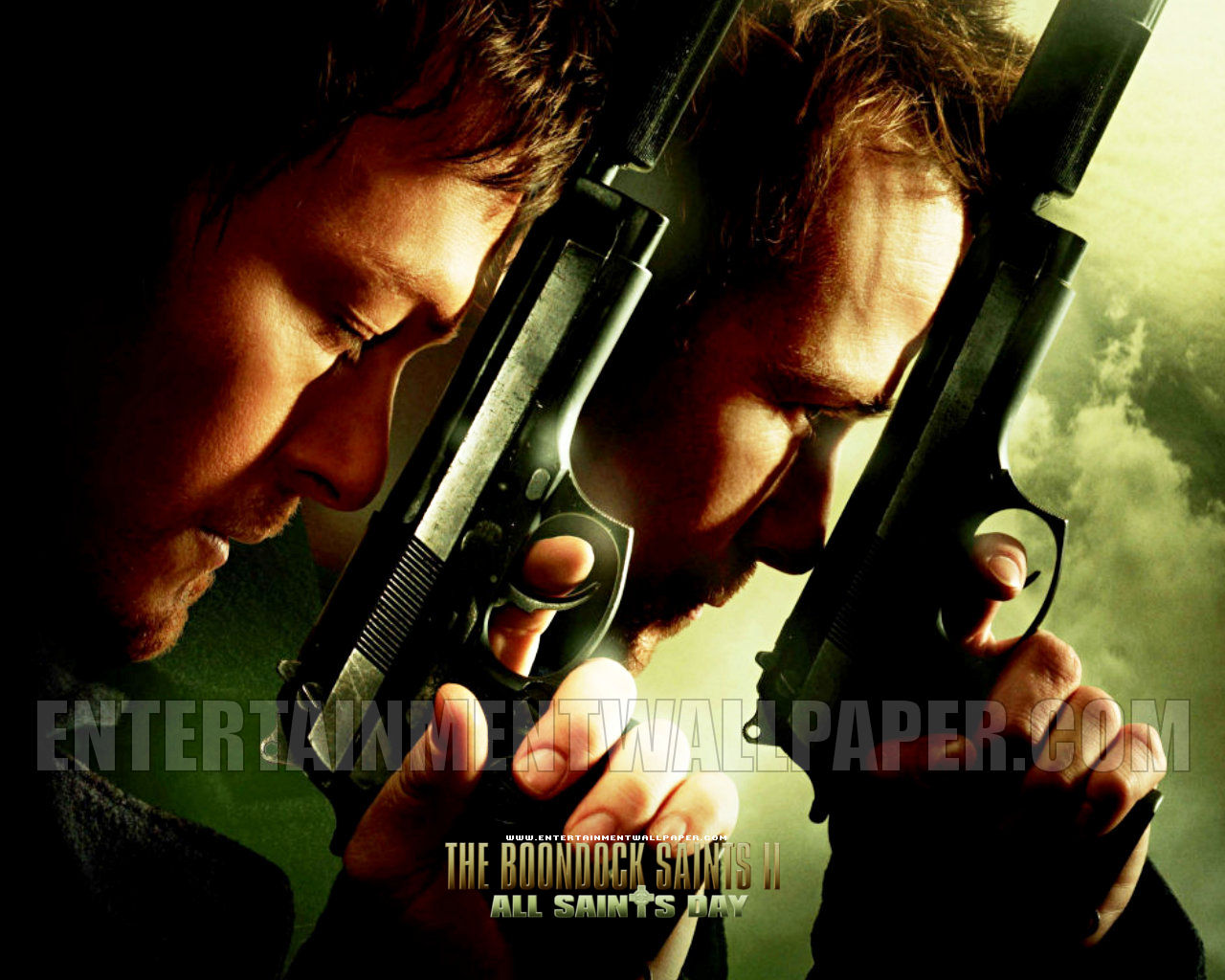Are Boondock Saints Real?

The film The Boondock Saints, released in 1999, has garnered a cult following for its unique blend of action, vigilante justice, and philosophical musings on morality. Directed by Troy Duffy, the movie tells the story of two Irish-American brothers, Connor and Murphy MacManus, who take it upon themselves to rid Boston of crime by killing criminals. This compelling narrative raises a poignant question: Are the Boondock Saints real? In this article, we will explore the film's inspirations, its cultural impact, and the distinction between fiction and reality in the context of vigilante justice.
Quick Info Table: The Boondock Saints
| Feature | Details |
|---|---|
| Release Year | 1999 |
| Director | Troy Duffy |
| Main Characters | Connor MacManus, Murphy MacManus, Rocco, Agent Paul Smecker |
| Genre | Action, Crime, Drama |
| Themes | Vigilante Justice, Morality |
| Cult Following | Yes |
The Inspiration Behind the Boondock Saints
Real-Life Vigilantes
The concept of vigilante justice, where individuals take the law into their own hands, is not new. Throughout history, figures such as Robin Hood and more modern instances like the Guardian Angels in New York City have inspired fictional narratives like The Boondock Saints. These stories often evoke a sense of justice that resonates with audiences who feel that the legal system fails to protect the innocent or punish the guilty effectively.
Cultural Context
In the late 1990s, when The Boondock Saints was released, America was grappling with increasing crime rates and widespread disillusionment with authority. The film mirrored the frustrations of many, offering a raw portrayal of individuals fighting back against a system they perceived as corrupt. This cultural backdrop contributed to the film's initial underground success and eventual rise to cult status.
The Characters and Their Motivations
Connor and Murphy MacManus
Connor and Murphy MacManus, played by Sean Patrick Flanery and Norman Reedus, are depicted as morally upright individuals who believe they are on a divine mission to eliminate evil. Their transformation from ordinary citizens to self-appointed executioners raises questions about morality and justice. Are they heroes, or are they simply flawed individuals succumbing to the darkness within?
Rocco and Agent Paul Smecker
Supporting characters like Rocco, portrayed by David Della Rocco, and Agent Paul Smecker, played by Willem Dafoe, enhance the narrative complexity. Rocco's involvement signifies the blurred lines between right and wrong, while Agent Smecker's investigation into the brothers’ actions highlights the struggle between law enforcement and vigilantism. These characters embody the conflicting ideologies surrounding justice, further enriching the film’s thematic depth.
The Implications of Vigilante Justice
Morality and Ethics
The Boondock Saints raises important ethical questions about the nature of justice. Can individuals take justice into their own hands? What are the consequences of such actions? While the film portrays its protagonists in a sympathetic light, real-life vigilante actions often lead to unintended consequences, including the potential for wrongful harm to innocents.
Societal Responses
The film’s popularity has sparked discussions about society's relationship with law enforcement and justice. Some viewers idolize the MacManus brothers as symbols of resistance against corruption, while others criticize their methods as dangerous and counterproductive. This duality reflects the ongoing debate about the effectiveness of the justice system and the moral implications of taking the law into one’s own hands.
Are There Real-Life Inspirations?
Similar Cases
While the Boondock Saints themselves are fictional, there have been instances in history where individuals have taken the law into their own hands, inspired by a perceived failure of justice. Notable examples include the Zodiac Killer, who evaded capture for years, and vigilante groups that formed in response to crime spikes in urban areas. However, these real-life cases often end in tragedy and further violence, contrasting sharply with the film's relatively clean resolution.
Public Perception
The public's fascination with vigilante figures, both real and fictional, speaks to a collective desire for justice. However, it's crucial to recognize that real-life implications are far more complex. The glorification of vigilantes can lead to a dangerous precedent where individuals believe they can act outside the law without facing the consequences.
The Legacy of The Boondock Saints
Cult Classic Status
Despite its initial poor box-office performance, The Boondock Saints has achieved cult classic status, largely driven by word-of-mouth and home video sales. Fans appreciate its unique storytelling, quotable lines, and exploration of morality. The film’s success has led to a sequel, The Boondock Saints II: All Saints Day, further cementing its place in pop culture.
Influence on Media
The Boondock Saints has influenced various forms of media, including television shows and films that explore similar themes of vigilante justice. Its impact is evident in series like Dexter, where the protagonist navigates the fine line between good and evil as he executes criminals who escape justice.
Conclusion
In summary, while the Boondock Saints are not real individuals, the themes and questions raised by the film resonate with many who grapple with concepts of justice, morality, and authority. The movie serves as a reflection of societal frustrations with crime and the justice system, illustrating the complexities surrounding vigilante justice. As we engage with this narrative, it is important to remember the distinction between fiction and reality. The allure of vigilante justice may be captivating, but the consequences can be dire.
Ultimately, The Boondock Saints challenges us to consider our values and the systems in place to uphold them. As we navigate a world filled with moral ambiguity, the film serves as a reminder of the delicate balance between justice and retribution, urging us to seek solutions that uphold the law rather than circumvent it.



Comments ()